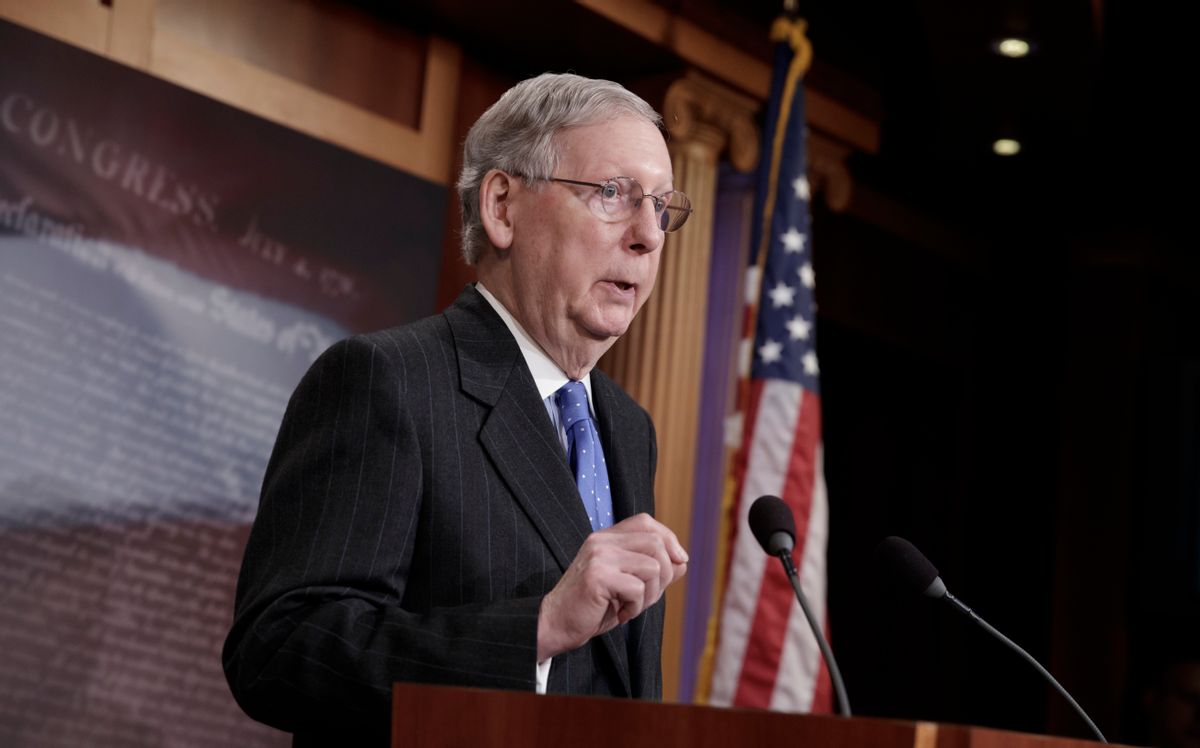As more details emerge about the Republican tax reform bill, it is increasingly clear that the legislation focuses on helping the rich at the expense of the middle class, prompting one GOP finance chair to label it as a "disgrace."
"The bill that’s going to get passed is not going to take care of the American people. It’s a disgrace," Steve Louro, who used to serve as regional finance chairman of the New York Republican Party, told The New York Times on Tuesday. He resigned from his position earlier in the day, out of disgust with the new bill.
"It’s going to hurt a lot of middle-class Republicans," Louro told the Times. He pointed to the fact that it would eliminate state and local tax deductions, which would increase the tax burden of middle-class New Yorkers. It also reduced homeowner deductions for mortgage interest payments
"The bottom line is I told Lee I’m done. I’m totally done," Louro told the Times.
Louro's objections aren't the only ones that have raised concerns about how the tax reform bill would impact the middle class. Although the new bill does include individual benefits that would help the middle class, those would expire in 2025, according to The Los Angeles Times. By contrast, the corporate tax cuts included in the Republican bill would be permanent.
Similarly, the Republican tax bill would repeal the individual mandate from Obamacare. In so doing, it would rip health insurance away from roughly 13 million Americans, leading to a $1,990 premium tax and destabilizing the health insurance market by prompting a mass exodus of insurers.



Shares